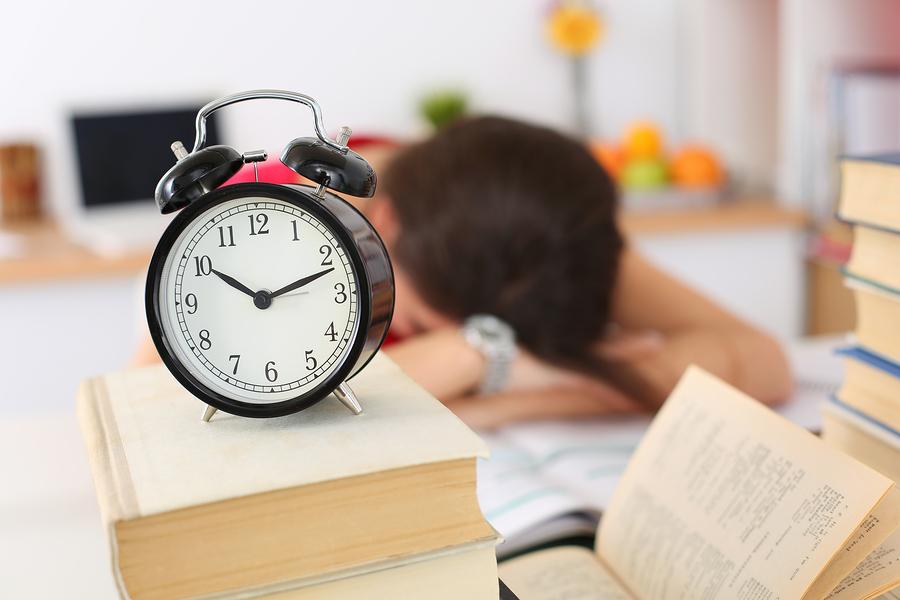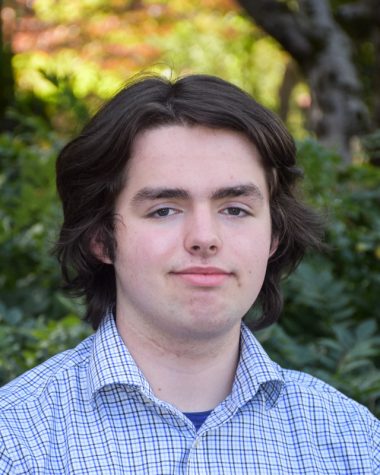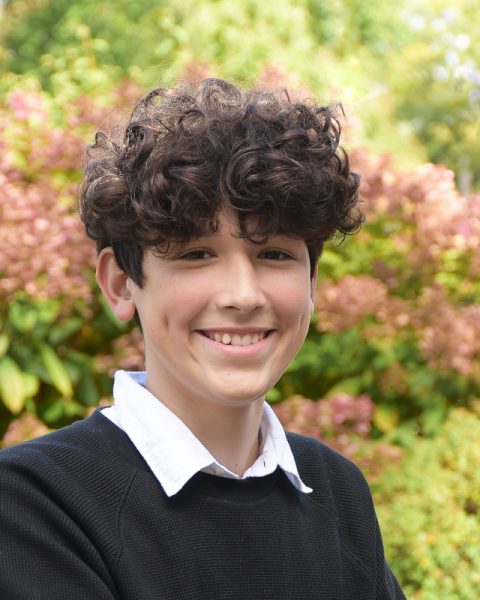COVID-19 Impacts Sleep Schedules
Tired student at workplace in room taking nap on pile of textbooks. Photo illustration purchased from BigStock.com.
March 9, 2021
While school starting at 9:25 a.m. rather than 7:50 a.m. has been a welcome change to many in the the Upper School, the continued pandemic has also made it difficult for people to feel well rested.
In simple terms, COVID-19 has forced habits that are hindering our ability to get quality sleep.
In a TIME article, journalist Jeffery Kluger delves into how COVID-19 is affecting our circadian rhythms.
For those who still have something resembling a regular work schedule, many are staying up later or “may be eating more or at irregular times, which can put the digestive and sleep cycles in opposition to each other,” Kluger writes. This, combined with anxiety surrounding COVID-19, can change with when the brain considers it appropriate to sleep.
For anyone whose life lacks a consistent routine, a lack a sleep can be even more damaging. A default state of anxiety can be exacerbated by fears over work and security, creating an even higher baseline of stress.
Many students here are also starting to feel the adverse effects of the current situation, and losing sleep is a big part of it.
Marlo Frank ‘22 shared that she is currently getting “around 6 hours of sleep,” with a “peak at about 7, and a minimum of 2 and a half hours.” This experience is not unique to her.
Elisabeth Fitzgerald ‘22 said that she is “usually sleeping around 5-6 hours on weekdays.”
At the start of the pandemic, many took advantage of the later start to that day to catch up on sleep, but as work and stress have picked up, those benefits seem to be dissipating.

























































